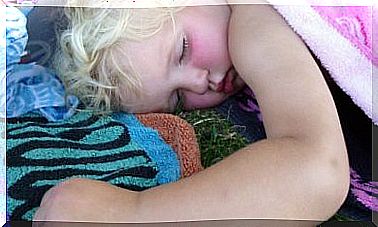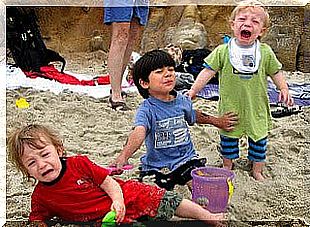Emotional Therapy For Children
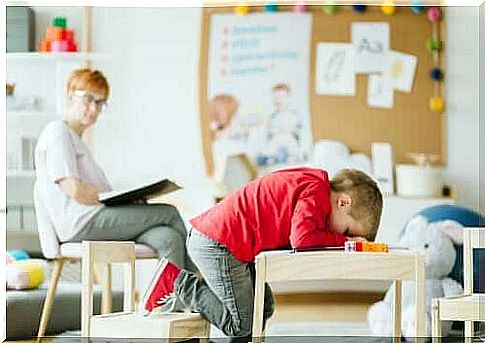
It is common to hear parents talking calmly about their children going to speech therapy or physical therapy. We all understand that if there is any difficulty in these areas, it is appropriate to provide the child with the help needed. However, there is still some stigma attached to emotional therapy for children, even though emotions are a fundamental aspect of their development.
Distrust of emotional therapy may be due to ignorance: we still think that only seriously disturbed children and adults go to a psychologist. It can also be influenced by the feeling of guilt that is generated in parents when they think they are not able to raise the child properly by themselves.
The reality is that psychotherapy is extremely beneficial and necessary in the face of any difficulties experienced by children. Seeing a therapist does not mean that they have serious problems or that the parents are inept or neglectful. Rather, it is an act of love and responsibility. Parents do not always have all the answers and it is very positive to get them from a professional.
When is emotional therapy needed for children?
There are several situations that can produce intense emotions in the child, situations that are difficult to deal with. Pay attention to her behaviors and attitudes, as it is the best way to check if she is having emotional difficulties.
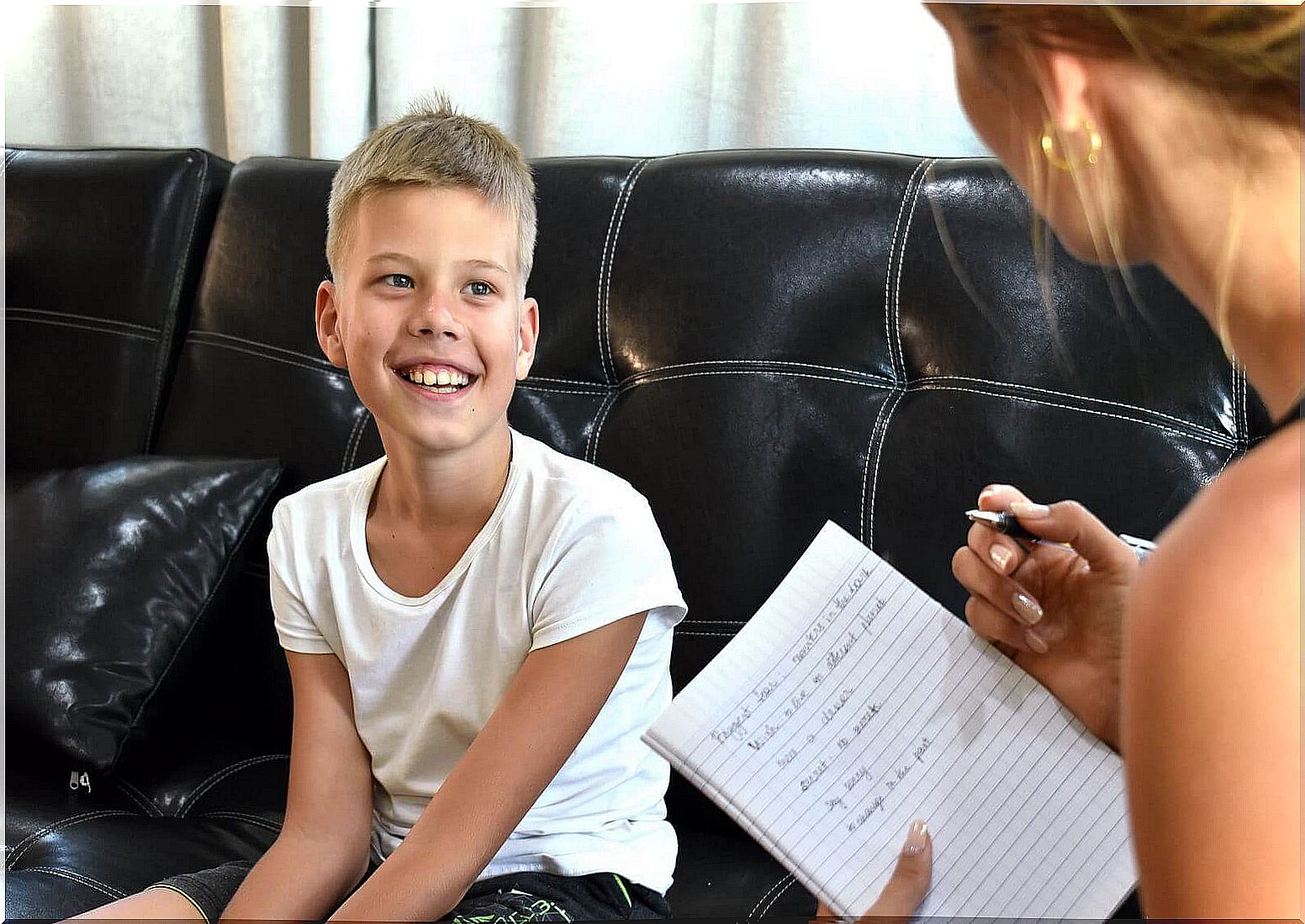
It is possible for the child to have sudden mood swings, feel listless and uninterested in activities they used to enjoy doing. She can get distracted and have attention problems at school. Also, you may be irritable, have uncontrollable tantrums, or be defiant or withdrawn.
In general, difficulties at school, at home or with friends can hide an emotional problem. But these are some of the following situations that most often cause emotional distress in children:
- Parental divorce.
- Illnesses, operations or hospitalizations.
- Death of a loved one.
- Conflicts, problems or family violence.
- Different changes in life: the birth of a brother, a change of house, a change of school…
How does emotional therapy work with children?
First, it is necessary to know that therapy with children is totally different from that of adults and that it is completely adapted to their age and abilities. Below, we will introduce some of its main elements.
Link with the therapist
It is essential that the child feels comfortable with the person who will accompany them in the process. The therapist must convey confidence and security and there must be a good connection between the two. It is possible that the first therapist you find will meet these requirements, but the opposite may also be the case. So don’t be afraid to change and seek out other professionals until you find one that makes them feel comfortable .
To play
Therapy with children includes its own elements that make it more accessible for the little ones. Both in the diagnosis phase and in the treatment phase, games, drawings, different dolls and toys are used. The child finds himself in a safe and relaxed space, where he is allowed to express himself in a natural and pleasant way.
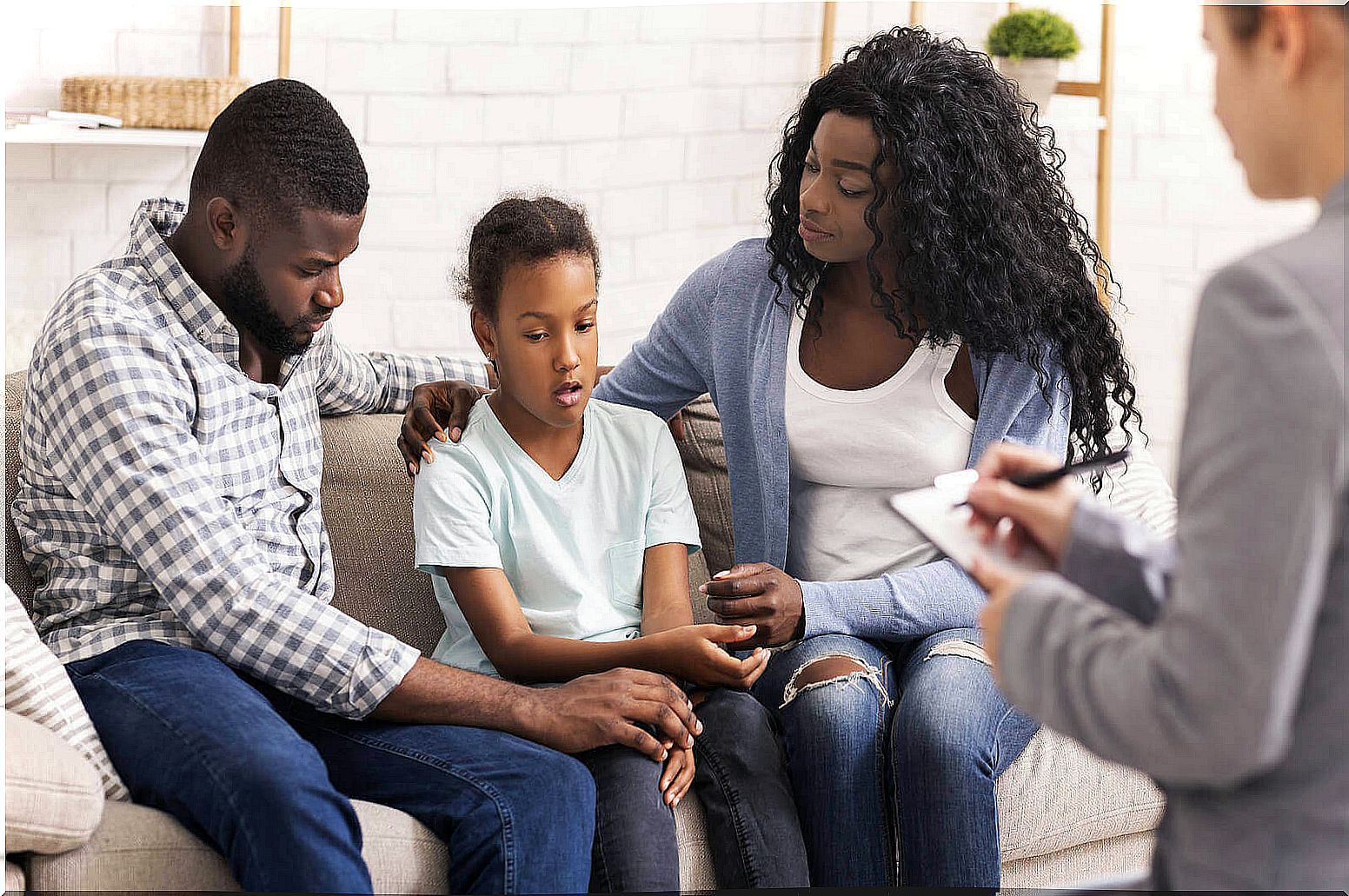
Don’t think your child will have to sit in a chair talking about things he doesn’t understand or answering confusing questions. In fact, it is a process that children are often very comfortable with, as the entire format of therapy is tailored to them.
Emotional intelligence
The goal of emotional therapy is to develop emotional intelligence in children, a quality that has been shown to be related to happiness, life satisfaction, better academic performance, and more satisfying social relationships.
Thus, through different games and dynamics, the child is taught to recognize and identify different emotions. The therapist will always remember that they are all valid (it’s okay to be angry or sad at certain times) and help the child to express them appropriately.
In the end, the child will be better able to understand their own emotions and where they come from. She will also have the necessary tools to manage them so that they don’t cause suffering. So if you think your child might need help with their emotions, be sure to look for someone who can provide it.





